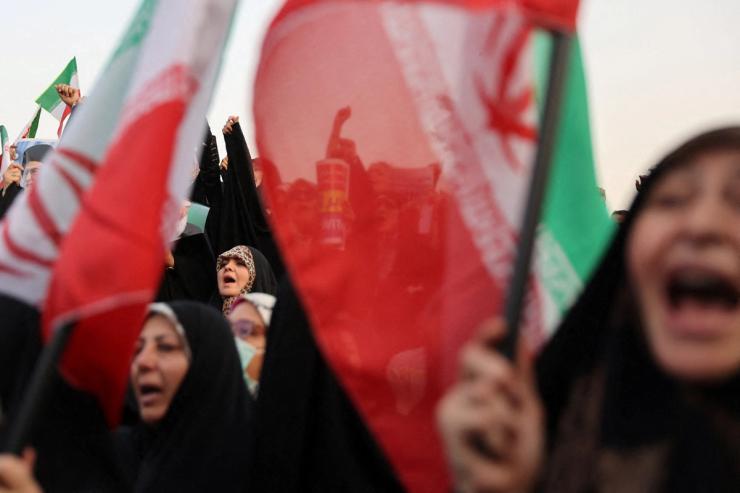Over the past five years, Gulf nations have recast themselves as modernizing destinations for Western capital, which came by the billions. Then missiles started flying.
A few months ago, the big quality-of-life question hanging over the region was when Saudi Arabia’s hotels would start serving alcohol to tourists. Now a worst-case scenario is radiation contaminating the Gulf’s only water source. Safety concerns could send the region’s expats, many of them recently sent from Wall Street, back home. European energy companies including BP are already evacuating foreign staff from Iraq’s oilfields, and wider recalls would be a blow to the region’s burgeoning economy and to the Western firms that have rushed in seeking fortunes.
“So far, the smart money is still in the market, but the owners of the wealth may be moving themselves, and their families, somewhere safer,” my colleague Mohammed Sergie noted this week, writing about the eerie calm in Dubai and the lame excuses locals gave to avoid acknowledging the obvious.
Gulf governments aren’t as rich or as liquid as their gilded palaces and generous social programs suggest. With oil prices retreating and expected to stay below the breakeven price for many Middle Eastern countries, they rely on global investors to finance their expensive economic transitions. Saudi Arabia, which has been borrowing from global bond investors for months, this week said it would start issuing ultra-short-term debt, called commercial paper. Oman just instituted the region’s first income tax. Kuwait is looking to sell $6 billion in bonds, its first issuance since 2017.
With China hopes dimming and European countries turning inward, Wall Street needs the Gulf. But the Gulf needs Wall Street, too.


